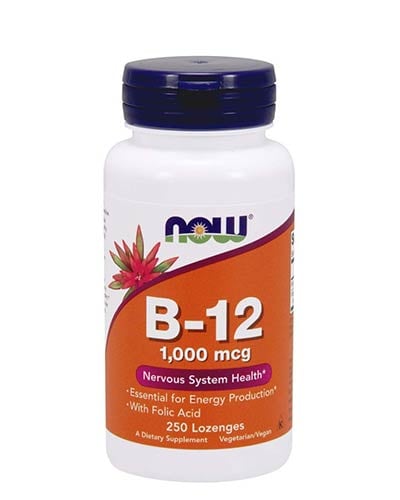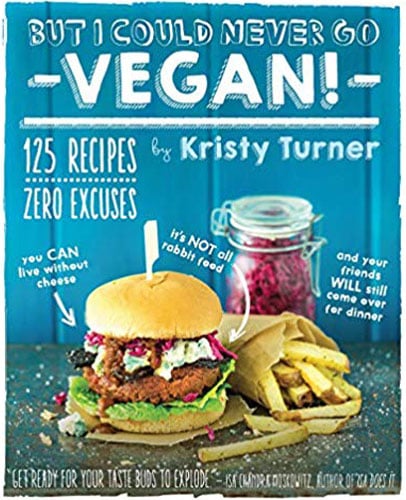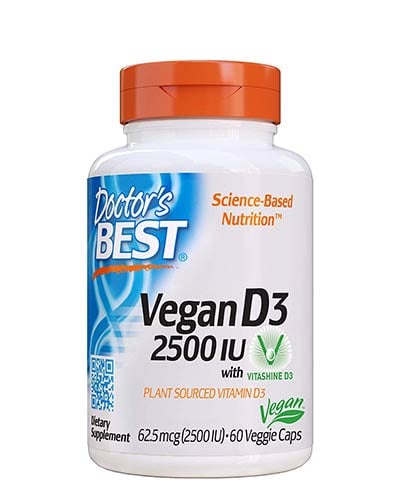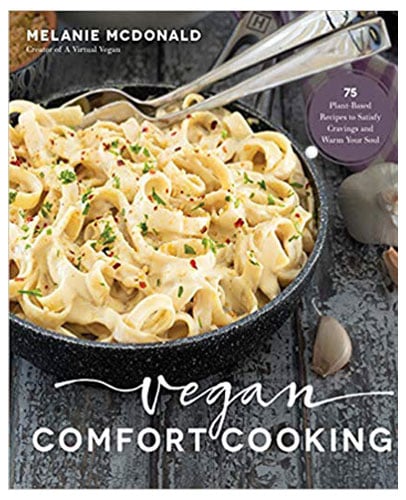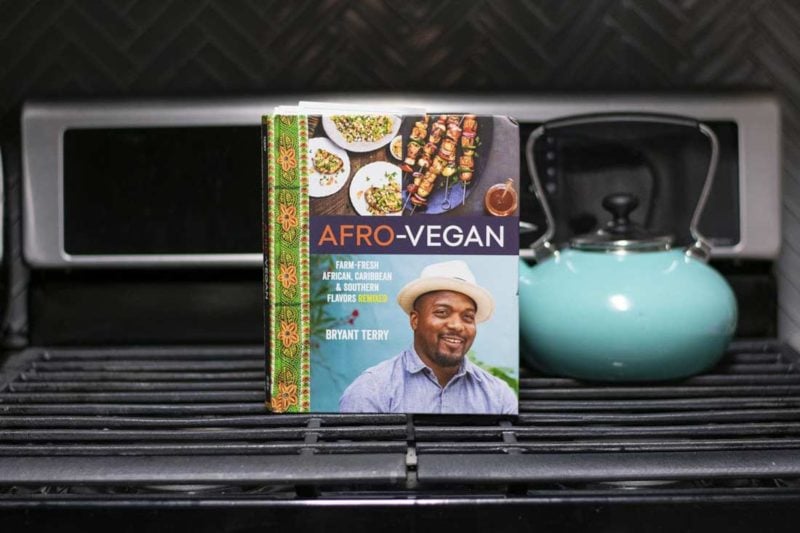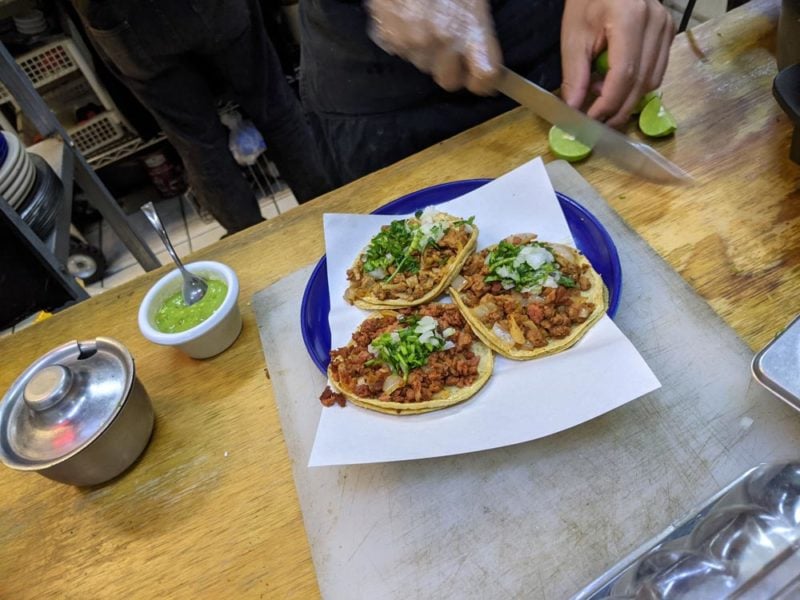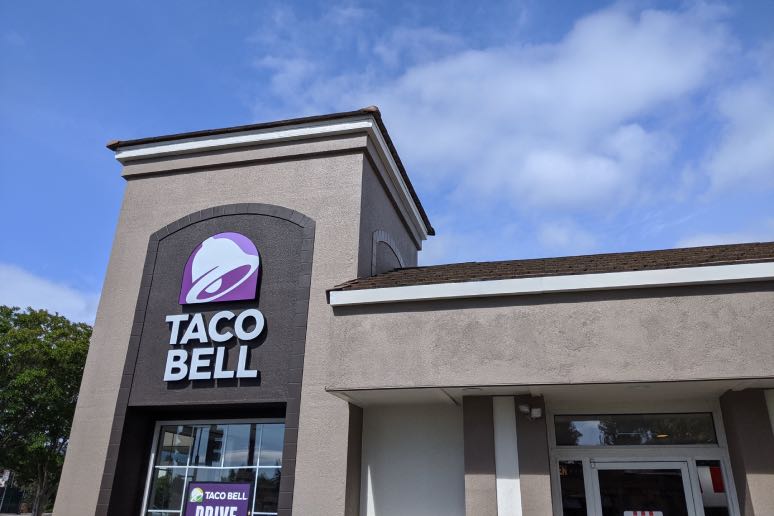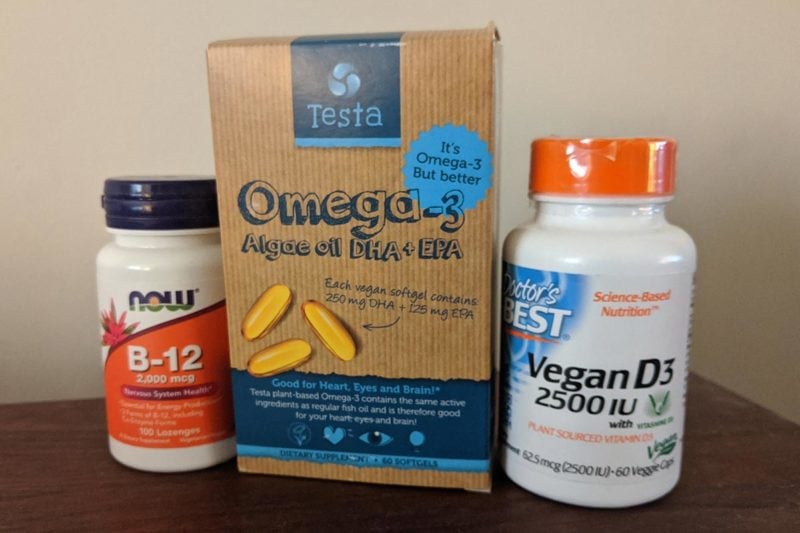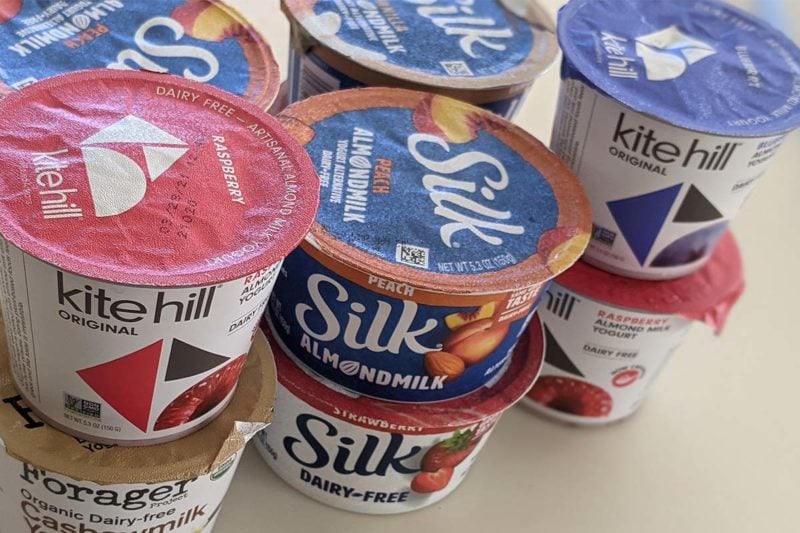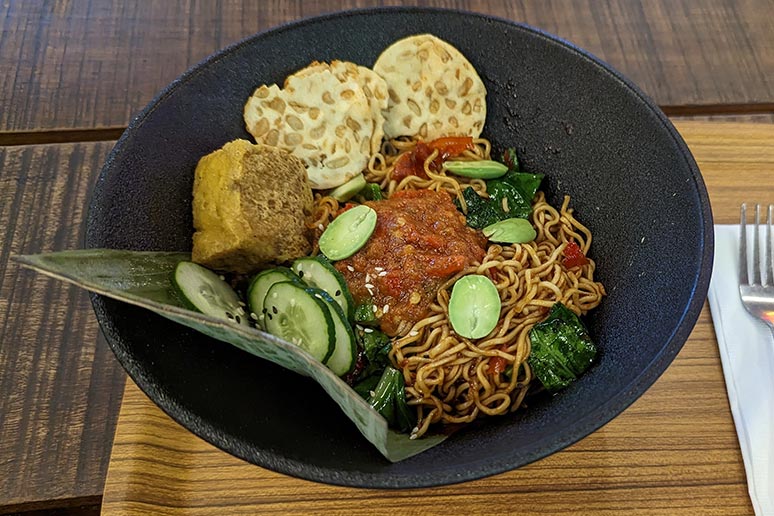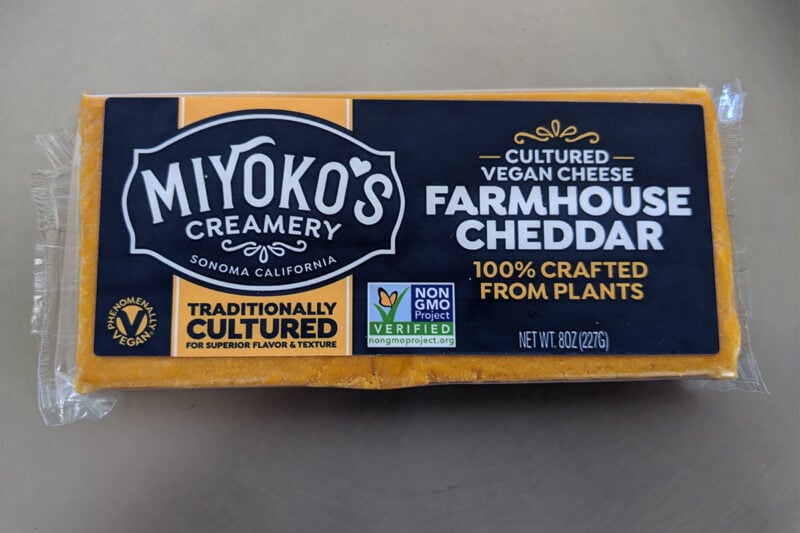Dogs can thrive on vegan diets, and enjoy long, healthy lives. Unlike cats, it’s relatively simple and straightforward meet their nutritional needs on a vegan diet. What’s more, they’ll typically devour vegan dog food without any prodding. In stark contrast to cats, dogs won’t turn up their noses and walk away in disgust when you try to feed them something new. On the contrary, they’ll cheerfully wolf down just about anything you set in front of them.
That said, some precautions are nevertheless appropriate when switching your dog to vegan food. This article covers what you need to know.
Advice for Feeding Dogs
Never abruptly change your dog’s diet, as doing so commonly causes digestive problems. Instead, mix in about 10 percent vegan food to your dog’s current diet, and step up this percentage by another 10 percent every couple of days.
You ought to take your dog to a veterinary checkup a couple weeks after completing the transition to vegan dog food, and annually thereafter. The dreaded struvite urinary crystals that commonly afflict vegan cats are unlikely to appear in dogs eating a properly planned diet. Despite that, these crystals still merit attention, since they can produce severe health problems.
At your dog’s checkup, ask for a urinalysis—this test will reveal if there are struvite crystals, or early signs of other problems. Purebreds are especially vulnerable, especially miniature schnauzers, shia tzus, bichon frises, miniature poodles, cocker spaniels, and lhasa apsos. Even if struvite crystals aren’t detected, a urinalysis may reveal your dog’s urine pH level is out of whack. If so, your veterinarian can recommend supplements to bring pH into a healthy range.
Several companies make vegan dog food. Check out my vegan dog food page for a list of popular brands of vegan dog food and treats. Whatever brand you buy, make sure the product meets the nutritional standards of the US Association of American Feed Control Officials (AAFCO). Contact the manufacturer if the packaging fails to disclose this information.
Canned or Kibble Dog Food?
For dogs likely to develop struvite crystals, the liquid present in canned foods can help prevent these crystals from forming.
If you can’t afford canned food, you can add water to kibble just before serving. If struvite crystals are not a concern, kibble is probably the wisest choice. It’ll save you a lot of money over canned vegan food, plus better protect your dog’s dental health.
The cost per pound of kibble typically declines steeply as the size of the bag increases. Many retailers offer large bags that work out to under two dollars a pound. Your natural foods store may stock vegan dog food—if not, you can readily find what you want online.
Breeds Susceptible to Dilated Cardiomyopathy
Some dog breeds are prone to dilated cardiomyopathy (DCM). Switching your dog to vegan food may upset your dog’s protein balance, giving rise to this condition. The breeds most at risk of DCM are:
- Doberman pinschers
- Boxers
- American cocker spaniels
- Various giant breeds including Scottish deerhounds, Irish wolfhounds, Great Danes, Saint Bernards, and Afghan hounds
Your veterinarian can run blood tests to determine whether your dog’s new diet is triggering physiological changes that can cause DCM. If blood tests reveal a problem, your veterinarian can recommend protein supplements that should resolve the situation.
Given the susceptibility of some dog breeds to struvite crystals and DCM, now is a great time to suggest that your next dog be a rescued mutt. Mixed breeds are unlikely to develop struvite crystals or DCM. Plus, their hybrid vigor typically makes them less disposed to a variety of other maladies, from hip dysplasia to epilepsy. Mixed breeds commonly enjoy better health than purebreds, and consequently rack up far lower veterinary bills.
Despite all this, mixed breeds are often in urgent need of rescue. In the United States alone, approximately 670,000 dogs are killed in shelters each year.
Should You or Shouldn’t You?
Because of their size, larger dogs can eat a great deal of meat over the course of a year. Since it’s comparatively cheap and easy to put dogs onto a meatless diet, vegan dog food is a terrific option for people who want to keep substantial amounts of flesh from entering their households.
One perk of putting your dog on a vegan diet is that pre-existing skin conditions may suddenly clear up. That’s because dogs often have low-grade allergies to beef and chicken products. These allergies can cause hair loss or skin inflammation, and switching to vegan dog food can reverse these conditions. If your dog’s skin problems don’t clear up after switching to vegan food—or if skin problems suddenly appear on the new diet—check whether the ingredients of your new dog food include soy, since some dogs are allergic to soy products.
Vegan dog food can be vastly more wholesome than mass-market commercial brands. Many popular commercial dog food brands contain the lowest quality ingredients available, including flesh rendered from diseased animals. And even supposedly premium conventional dog foods can ingredients sourced in gruesome ways.
Fortunately, putting dogs on a vegan diet may entail trivial inconvenience and added expense, while delivering profound health and ethical advantages. If you want to explore this topic in greater depth, check out: Vegetarian versus Meat-Based Diets for Companion Animals, by Andrew Knight and Madelaine Leitsberger.

